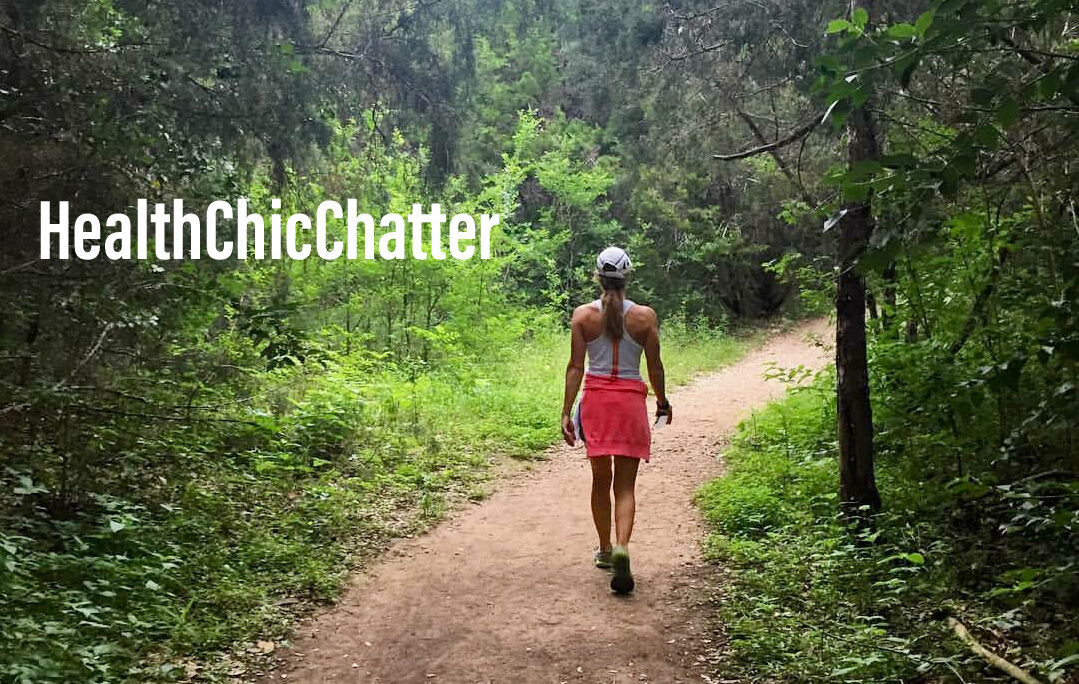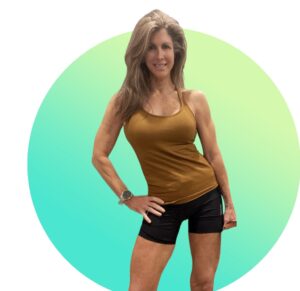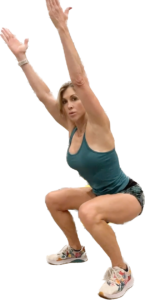The icy grip of winter tightens, days dwindle like fallen snow, and motivation for that jog around the park? Buried deeper than a penguin in Antarctica. But hold on, fellow fitness enthusiast! Resist the siren song of hibernation, for within the winter wonderland lies a treasure trove of movement possibilities. Let’s ditch the doldrums and rediscover the joy of staying active, even when the thermometer dips lower than your willpower.
Indoor Oasis: Your Living Room Gym Awaits
No need to brave the blizzard! Transform your living room into a winter fitness haven. Dust off those trusty bodyweight exercises: lunges that sculpt and squats that strengthen, push-ups that defy gravity, and planks that chisel your core. Invest in a set of resistance bands for endless possibilities – bicep curls with a wintery twist, rows that banish holiday-season slouch, and leg presses that’ll have you conquering icy hills with ease. Embrace the cozy atmosphere: light some candles, put on uplifting music, and let your workout feel like a cozy dance party, fueled by hot cocoa and determination. Mmmm!
Embrace the Chill: Winter Sports – Nature’s Playground
For those who crave the crisp bite of fresh air, winter offers a playground of invigorating possibilities. Lace up your boots and hit the snow-covered trails for a cross-country skiing adventure. Imagine the crunch of snow under your feet, the rhythmic whoosh of your poles, and the breathtaking scenery surrounding you. Feeling playful? Grab a sled and relive childhood joy, careening down snow-covered hills with laughter echoing in your wake. Ice skating offers a graceful glide, a dance on a frozen canvas, where strength and artistry meet. And who can resist the thrill of a downhill tumble? (It’s all part of the fun, right?) For those of us in Texas, we may not have snow, but we DO have the cold right now!
Community Spirit: Warmth Within, Togetherness Without
Staying motivated isn’t a solo act. Find your community, your winter fitness family. Join a local indoor exercise class, a yoga studio offering candlelit sessions, or a dance group that grooves to frosty beats. Let the energy of others fuel your own, and forge bonds with like-minded individuals who share your love of movement, even in the coldest months. Don’t underestimate the power of virtual communities! Join online fitness challenges, share your winter workouts on social media, and connect with others who are also battling the winter blues. The encouragement and shared experiences will keep you warm and moving.
Building a Cozy Routine: Embrace the Slow Burn
Forget about pushing yourself to the limit in sub-zero temperatures. Instead, embrace the winter pace. Schedule shorter, more frequent workouts throughout the day. (Check out my 4-minute Instagram Tabata workouts, for example!) Take a brisk walk during your lunch break, do a quick yoga flow while the kettle steams, or squeeze in some bodyweight exercises while your morning coffee brews. These bite-sized bursts of activity are more manageable and add up to big benefits. Listen to your body, prioritize rest, and savor the slow burn of consistent movement.
My Winter Story: From Icicles to Inner Fire
Last winter, I fell into a familiar trap: the cozy hibernation mode. “It’s too cold to go for a trail run!” But one freezing morning, inspiration struck in the form of some girlfriends braving the cold, so I donned my warmest gear, laced up my sneakers, and stepped into the crisp air. The initial shock, a slap of cold reality, soon gave way to invigorating warmth. My lungs filled with icy air, my muscles protested, then embraced the challenge. And as I finished that run, while my cheeks were numb, I felt a fire rekindled within.
Challenge Accepted: Ignite Your Winter Flame
This winter, let’s challenge the narrative. Let’s banish the notion that cold weather equals fitness surrender. Instead, let’s embrace the season as an opportunity to move differently, to discover new joys of movement, and to build a cozy, sustainable fitness routine that keeps our flames burning bright. So grab your warmest scarf, your most determined spirit, and step out into the winter wonderland. Remember, the snow might be cold, but your inner fire is hotter than ever.
Ready for the Adventure?
Share your favorite winter workout tips in the comments below! Have a favorite cozy routine? A quirky indoor activity that keeps you moving? Let’s inspire each other and conquer the winter blues together! Remember, a little movement is better than none, and every snowflake we dance through strengthens our resolve. Let’s make this winter a season of movement, a testament to our unwavering spirit, and a celebration of the joy that comes from staying active, even when the world around us is frozen.








